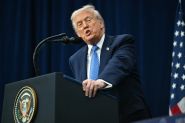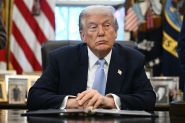
Lebanon’s Justice Minister Questions 1955 Anti-Israel Law, Signals Shift in Official Discourse
This is Beirut 20/02 11:55

This is Beirut 20/02 11:55

This is Beirut 19/02 20:45

Marwan El Amine 19/02 16:25

Amal Chmouny 19/02 15:35

This is Beirut 19/02 15:15

This is Beirut 10:45

This is Beirut 20/02 18:20

This is Beirut 20/02 16:20

This is Beirut 20/02 09:35

This is Beirut 20/02 09:25
Selena Ryan 10/02 10:05
This is Beirut 03/02 19:45
This is Beirut 03/02 09:00
This is Beirut 27/01 21:15

This is Beirut 13/02 13:30

This is Beirut 2025-12-21 15:05

This is Beirut 2025-12-21 12:05

Eleonore Stephan for Huna Lubnan 2025-12-21 09:05

This is Beirut 2025-12-20 18:05

This is Beirut 12/01 18:15

This is Beirut 09/01 20:40

This is Beirut 08/01 17:30

This is Beirut 07/01 20:45

This is Beirut 06/01 17:00

Makram Haddad 2025-12-19 08:40

Makram Haddad 2025-12-18 08:50

Makram Haddad 2025-12-17 11:30

Makram Haddad 2025-12-16 09:30

Makram Haddad 2025-12-12 11:10

Bélinda Ibrahim 2025-12-17 11:00

Makram Haddad 2025-12-17 08:50

Bélinda Ibrahim 2025-12-11 10:30

Bélinda Ibrahim 2025-12-10 12:00

Bélinda Ibrahim 2025-12-04 15:05